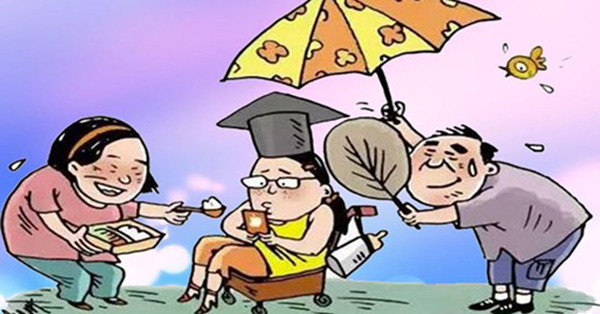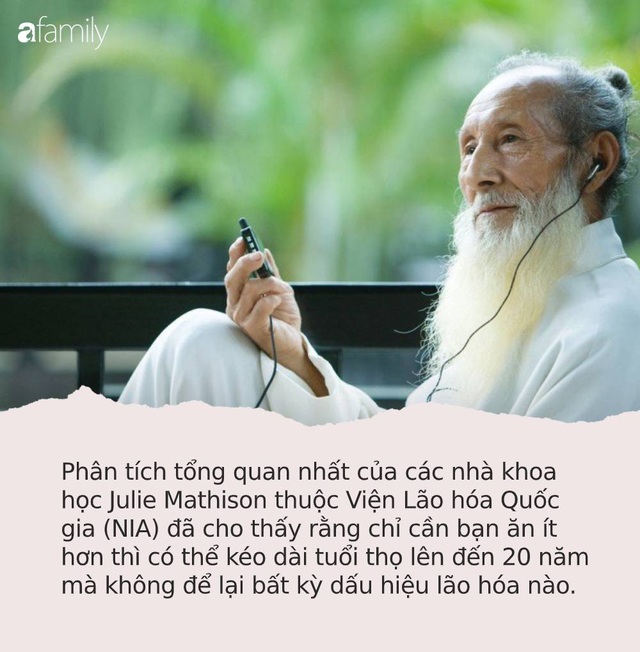Neuroscientists from the University of Washington have found that a single exposure to uncontrollable stress impairs decision-making in rats for several days, making them unable to reliably seek out the larger of two rewards.
The research was presented by Lauren Jones, a UW psychology doctoral student, at a press conference on "Our stressed-Out Brains" during the Society for Neuroscience's annual meeting.
Jones, working with Jeansok Kim, a UW associate professor of psychology, found that stressed rats took significantly longer to respond to a change in rewards given to them in a maze and their performances never matched those of other rats not exposed to stress.
Another group of rats was given a small dose of the drug muscimol, which temporarily inactivated the amygdala in their brains, prior to being subjected to the same stress. These rats were unaffected by the stress and performed as well as the animals that were not stressed. The amygdala is located in the forebrain and processes information about such things as fear (the so-called fight-or-flight response), stress and rewards.
How the study was done
"stress can be long lasting, depending on what it is. The rats that received the drug were tested on the maze the day after they were exposed to stress and it was as if the experience had never happened to them. Inactivation of the amygdala took the stress away," said Jones.
"Whatever stress these rats experienced was not being processed," said Kim. "They seemed to be immune to the stressful experience."
stress is known to contribute to a number of psychopathologies in humans including anxiety, depression, schizophrenia and drug-use relapse. Neuroscientists also know that stress affects cognition, and believe research exploring how it relates to learning, memory and decision making will help them understand potential problems stressed people experience in their daily lives.
The UW researchers worked with three groups of rats – a control group, a stress group and a stress plus amygdala inactivation group. All of the rats were acclimated to an automated figure-eight shaped maze that consisted of a centre track leading to two loops that ran to the left and right and back to the centre.
The animals were trained for several days until they were able to complete 40 laps or trials in less than 30 minutes. For each trial, a rat would start in the centre, then was allowed to freely run to either the right or the left loop, consume a water reward and return to the centre for the next trial.
Both loops always had an 80% chance of containing 0.04 millilitres of water, and the animals made a comparable number of visits to each loop. The animals were kept on a daily water restriction schedule to motivate them to run the maze.
What the study showed
After this, rats in the stress group and those that were given the drug were restrained and subjected to an unpredictable series of tail shocks for one hour. The following day, all of the rats were returned to the maze for a new series of trials. Once again the animals could run either loop of the maze, but this time the reward amount was increased on one side to 0.12 millilitres.
Within three days the control group and stress plus amygdala inactivation group were reliably able to navigate the maze and collect the larger reward on 35 out of 40 trials. The stress group, meanwhile, was only successful on about 23 of 40 trials, and after several more days their performance only increased to about 26 out of 40 trials.
"The stressed animals took longer to learn and weren't adjusting their behaviour in the maze," said Jones. "From this research we can see the effects of stress on rats and how one episode of stress impairs their decision making for several days.
"We know humans have to make numerous higher-levels decisions, some of which are complex and require deliberations. Rats are guided by survival, and seeking out the larger of two rewards for the same effort should be fundamentally easy. The fact that stress can have such an effect on a simple but critical task is amazing."
Kim added: "Decision making, both large and small, is part of our lives. People are prone to make mistakes under stress. Look at what has been going on with the stock market. People are under huge amounts of stress and we have to question some of the decisions that are being made." - (EurekAlert, November 2008)






